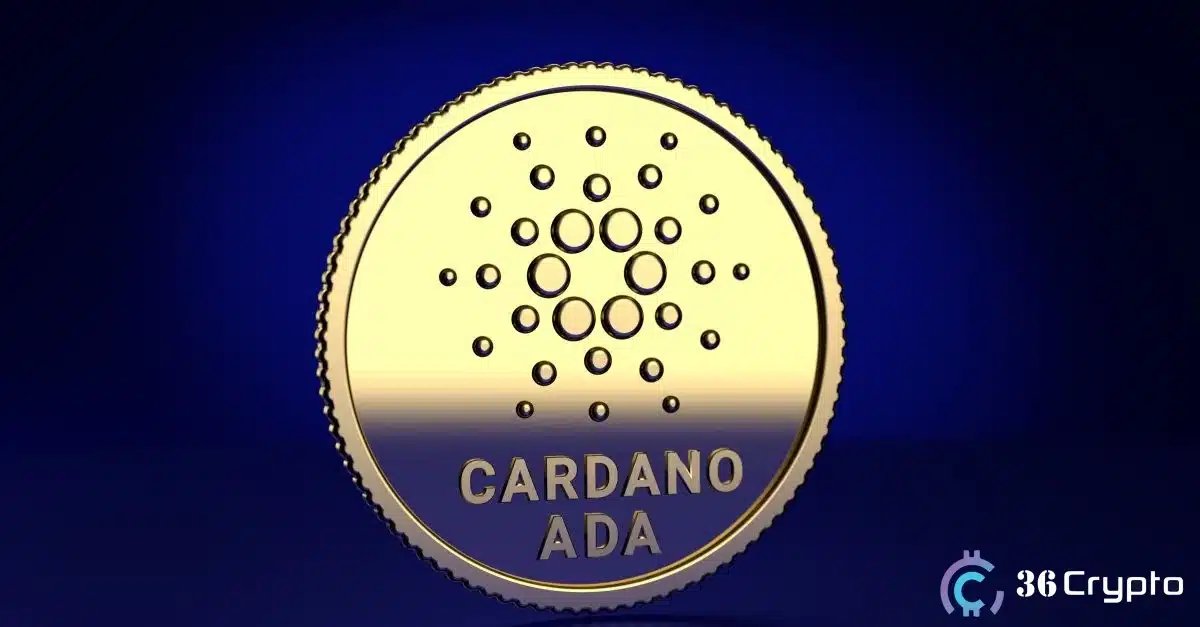Peter Zhang
Oct 28, 2025 22:17
Polygon (MATIC) collaborates with Manifold Trading to introduce institutional-grade liquidity and execution standards to its DeFi ecosystem, aiming to attract institutional-scale capital flows.
Polygon (MATIC) Labs has announced a strategic partnership with Manifold Trading, a quantitative investment firm, to upgrade liquidity standards within its decentralized finance (DeFi) ecosystem. This collaboration aims to integrate institutional-grade market-making and liquidity management, according to polygon.technology.
Institutional Liquidity Meets Onchain Market Structure
In traditional financial markets, liquidity firms play a crucial role in maintaining smooth execution and tight spreads. They manage trades on both sides, rebalance across venues, and ensure stability. However, such structures have been absent in DeFi, leading to fragmented liquidity and inconsistent pricing.
Manifold Trading plans to bridge this gap by deploying quantitative market-making and arbitrage strategies across Polygon’s decentralized exchanges. This move is expected to enhance trade execution and pricing consistency, making the DeFi ecosystem more attractive to institutional investors.
From Fragmentation to Flow: Making DeFi Work for Institutions
The DeFi sector has traditionally struggled with liquidity fragmentation, limiting its appeal to institutional players who demand predictability and fair execution. The partnership between Polygon and Manifold aims to address these challenges by embedding professional liquidity management directly into the DeFi infrastructure.
By offering tighter spreads, lower volatility, and faster settlement times, the initiative seeks to make DeFi more appealing to fintech companies and neobanks interested in onchain payments or real-world asset trading.
Polygon’s Infrastructure Advantage
Polygon continues to enhance its infrastructure to support institutional DeFi. The recent Rio hardfork has improved network reliability by eliminating reorg risks and achieving near-instant finality. Additionally, Heimdall v2 has brought sub–5-second finality for real-time settlements, while Agglayer aims to unify cross-chain liquidity under one framework.
These upgrades position Polygon as a leading platform for global payments and institutional-grade DeFi, moving from speculative experimentation to readiness for institutional participation.
Polygon Labs, a prominent Web3 software company, is known for its high-speed, low-cost network. It continues to develop its ecosystem to support a robust payments framework, leveraging advancements like zero-knowledge technology through programs such as the Agglayer Breakout Program.
Image source: Shutterstock
Source: https://blockchain.news/news/polygon-manifold-trading-enhance-defi-liquidity-standards


